Your cart is currently empty!
Tag: OrganicGrowing
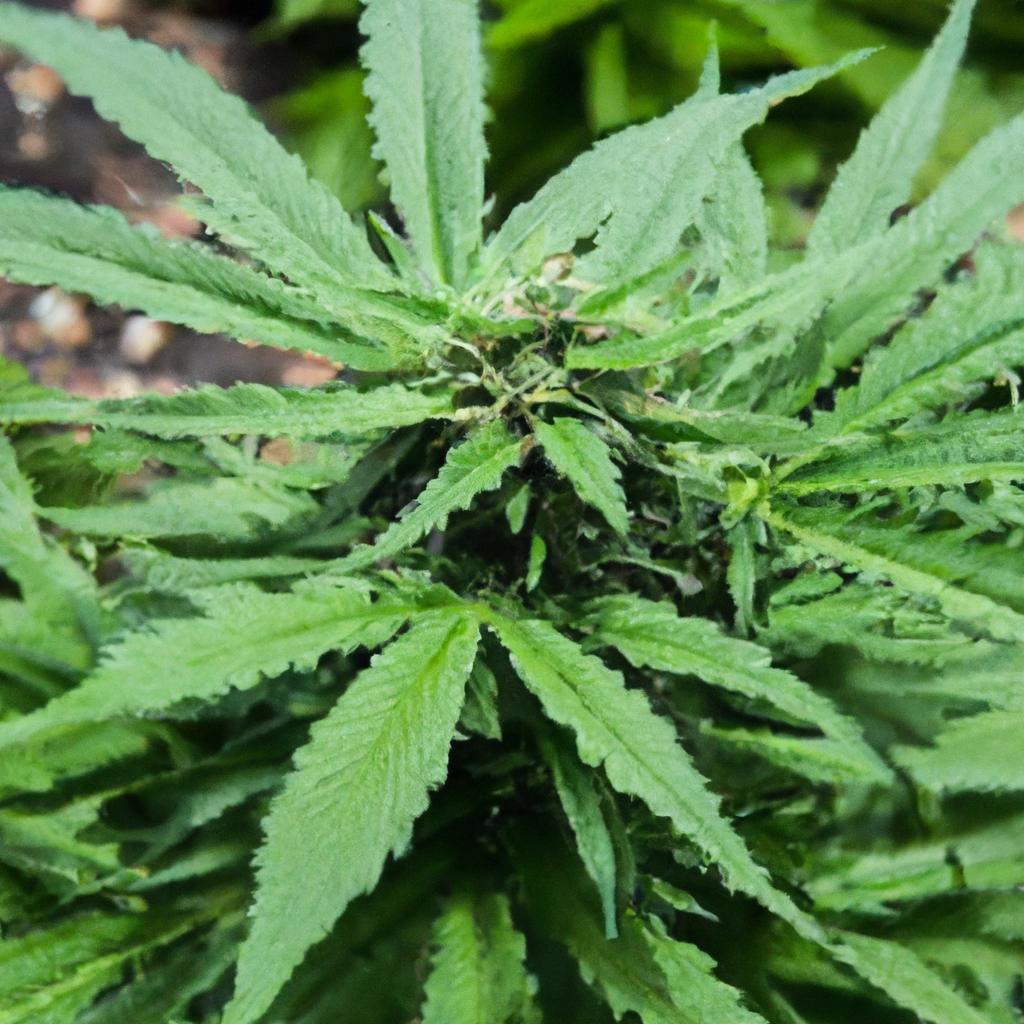
Soil nutrient optimization is essential for successful cannabis cultivation, impacting growth and yield. This blog explores practical techniques to enhance soil nutrients, address challenges, and ensure a fruitful harvest. Key nutrients like nitrogen, phosphorus, potassium, and essential micronutrients support healthy plant development. Strategies such as regular soil testing, organic amendments, pH management, and mulching help…
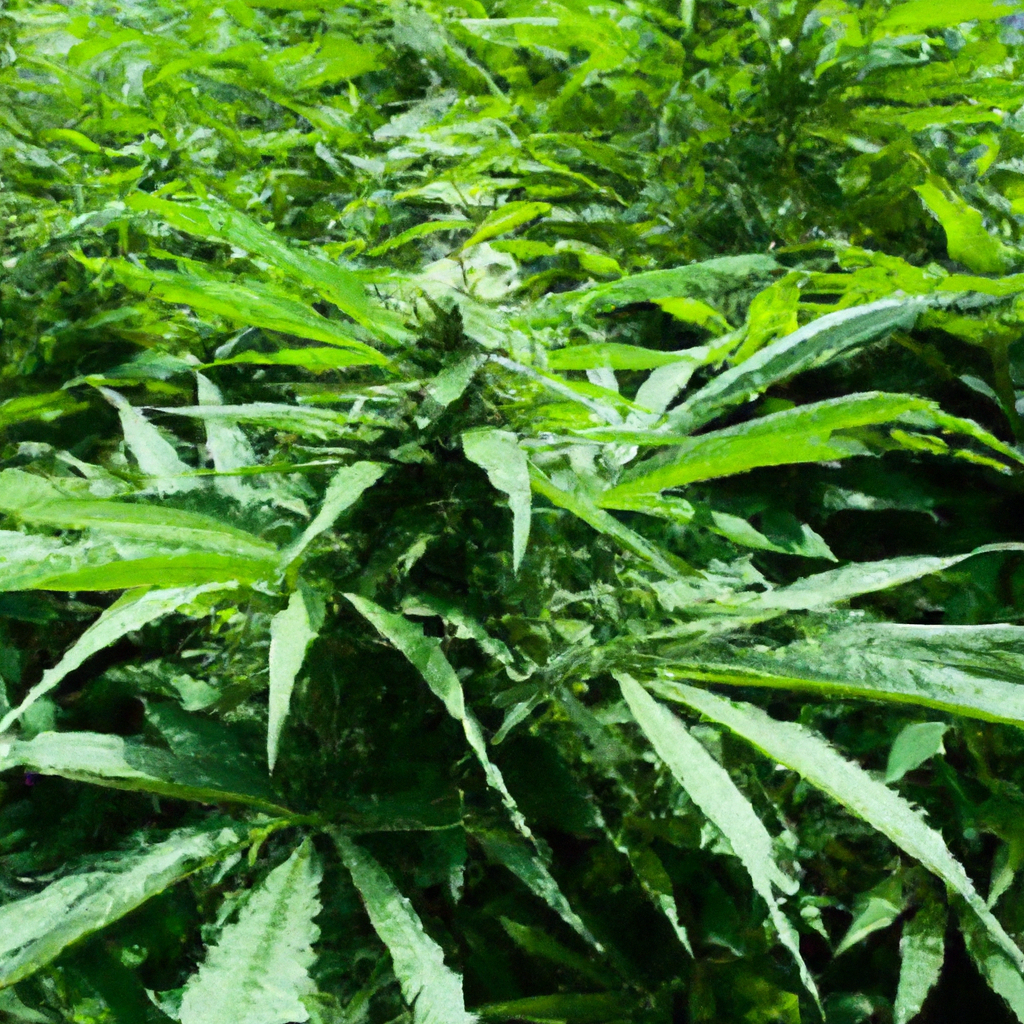
In cannabis cultivation, an increasing number of growers are adopting organic methods due to their environmental and consumer benefits. Organic growing extends beyond replacing chemical fertilizers, emphasizing sustainable ecosystems where cannabis thrives naturally. Key components include building a rich soil ecosystem through composting, cover crops, and mulching, using natural fertilizers like fish emulsion and seaweed…
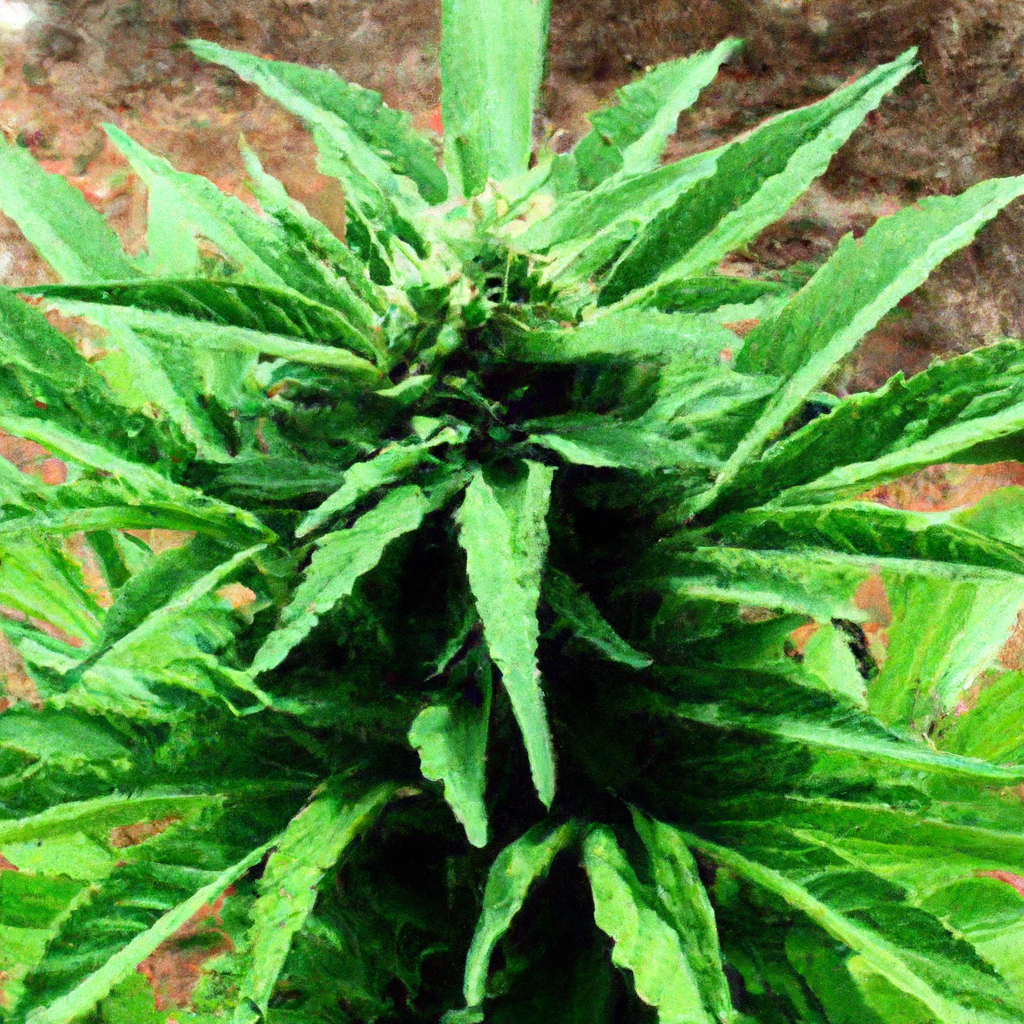
Embracing organic cannabis cultivation is beneficial for both the environment and the quality of cannabis produced. By focusing on sustainable practices, this approach avoids synthetic chemicals and utilizes natural resources like compost, natural fertilizers, and eco-friendly pest control methods. Key practices include building healthy soil ecosystems with compost and beneficial microbes, enhancing growth with natural…
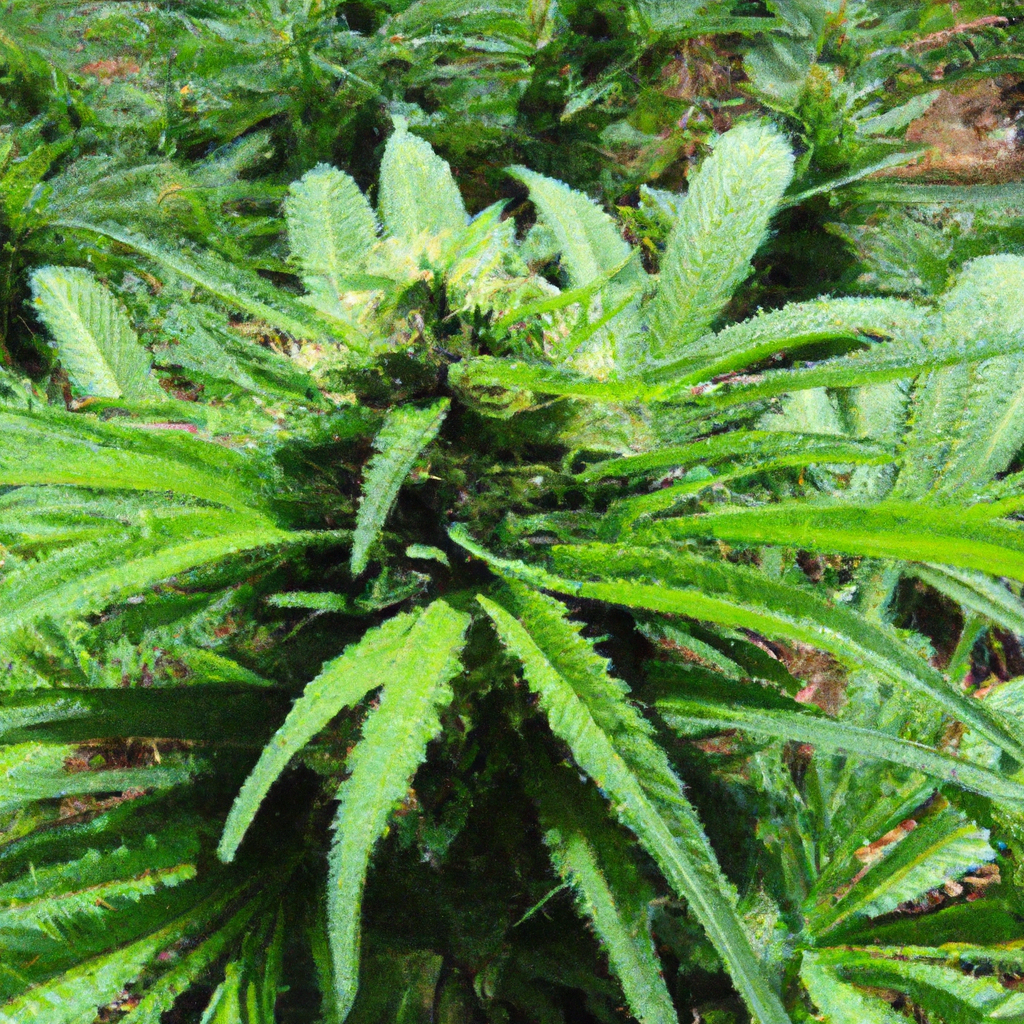
Organic cannabis cultivation benefits both the environment and product quality by avoiding synthetic chemicals and fostering sustainable ecosystems. This approach enhances cannabis purity, flavor, and consumer benefits. Key practices include enriching soil with compost, companion planting, and using cover crops to boost soil health. Natural fertilizers like bone meal, fish emulsion, and seaweed extract offer…
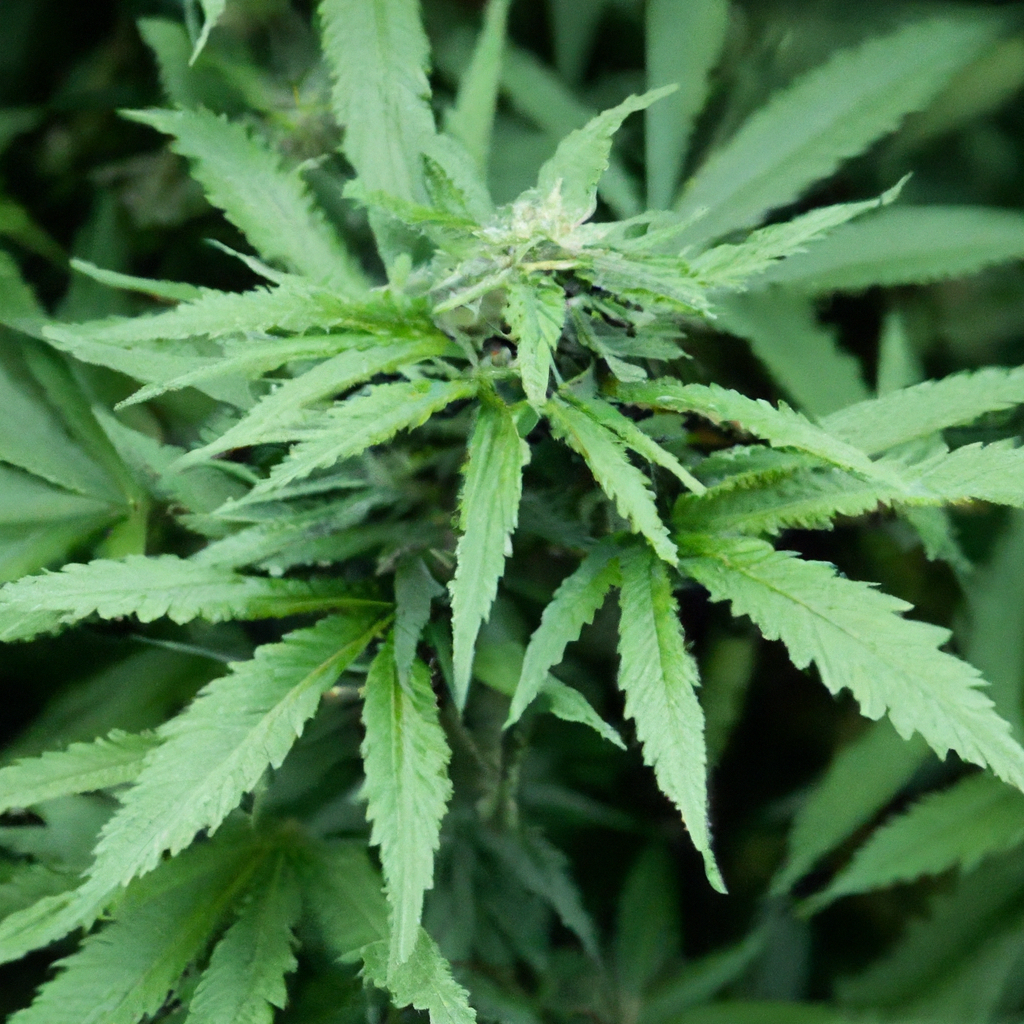
In cannabis cultivation, choosing organic practices means committing to the environment, consumers, and the plant itself. This approach enhances sustainability by avoiding synthetic chemicals and nurturing natural systems. Key elements include using natural fertilizers like compost, worm castings, and fish emulsion to enrich soil without harm. Composting is particularly beneficial, improving soil fertility and disease…
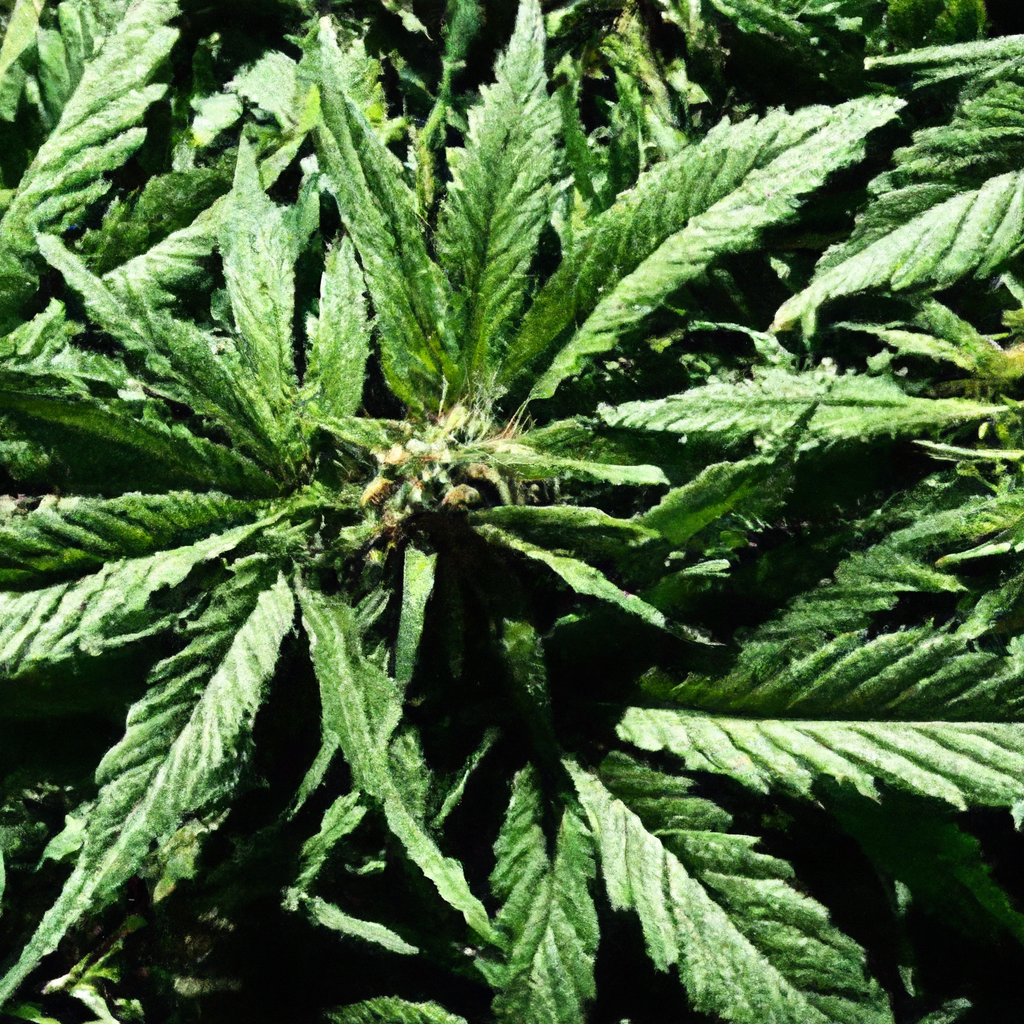
The cannabis industry significantly impacts environmental health, particularly soil ecosystems. Cannabis roots improve soil structure by enhancing aeration and water retention, crucial for healthy microbial activity. While organic fertilizers and nutrient cycling boost long-term soil fertility, improper practices risk soil erosion, salinity, and compaction. Sustainable techniques, like crop rotation and biochar, are vital for maintaining…
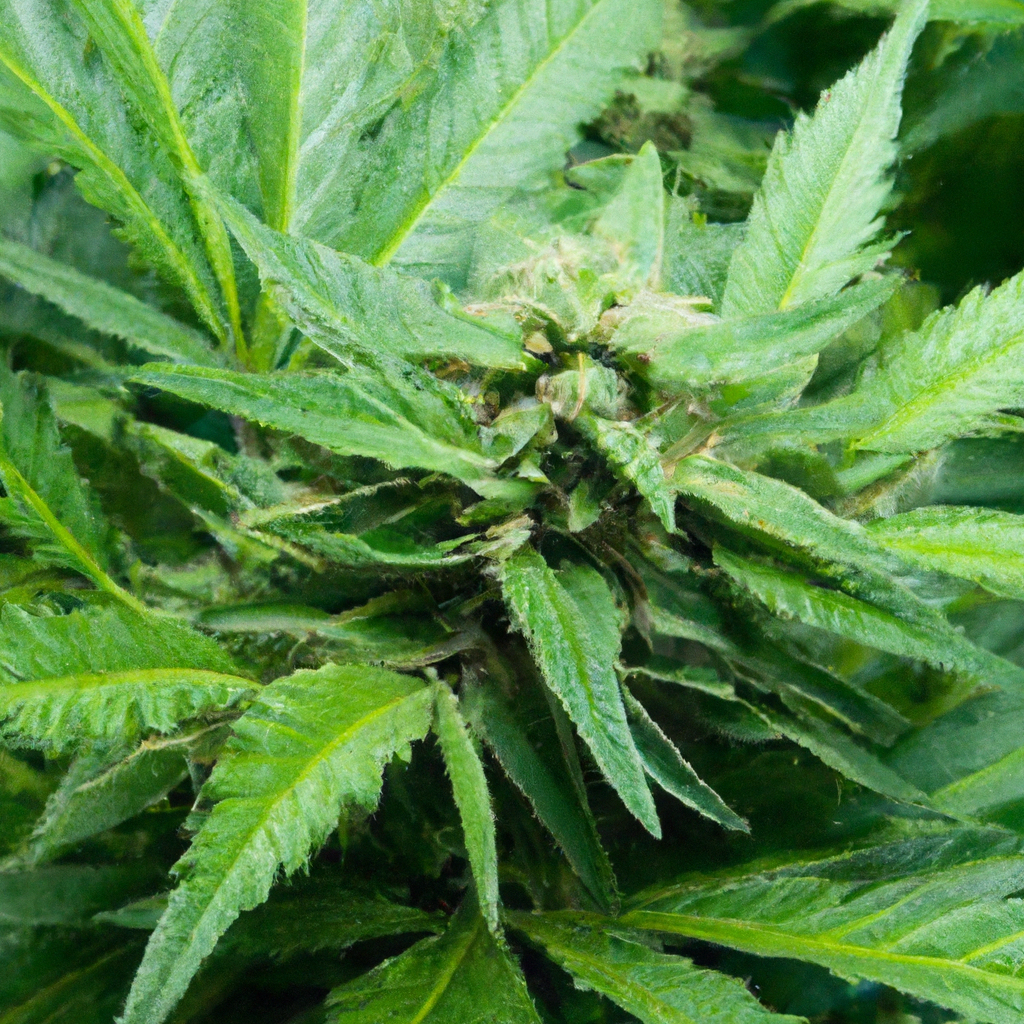
Embracing organic growing practices in cannabis cultivation is essential for sustainability and offers a purer, toxin-free product. Key practices include using natural fertilizers like compost, worm castings, and bat guano to enhance soil health. Building a thriving ecosystem involves beneficial microbes, cover crops, and mulching. For chemical-free pest control, techniques such as companion planting and…
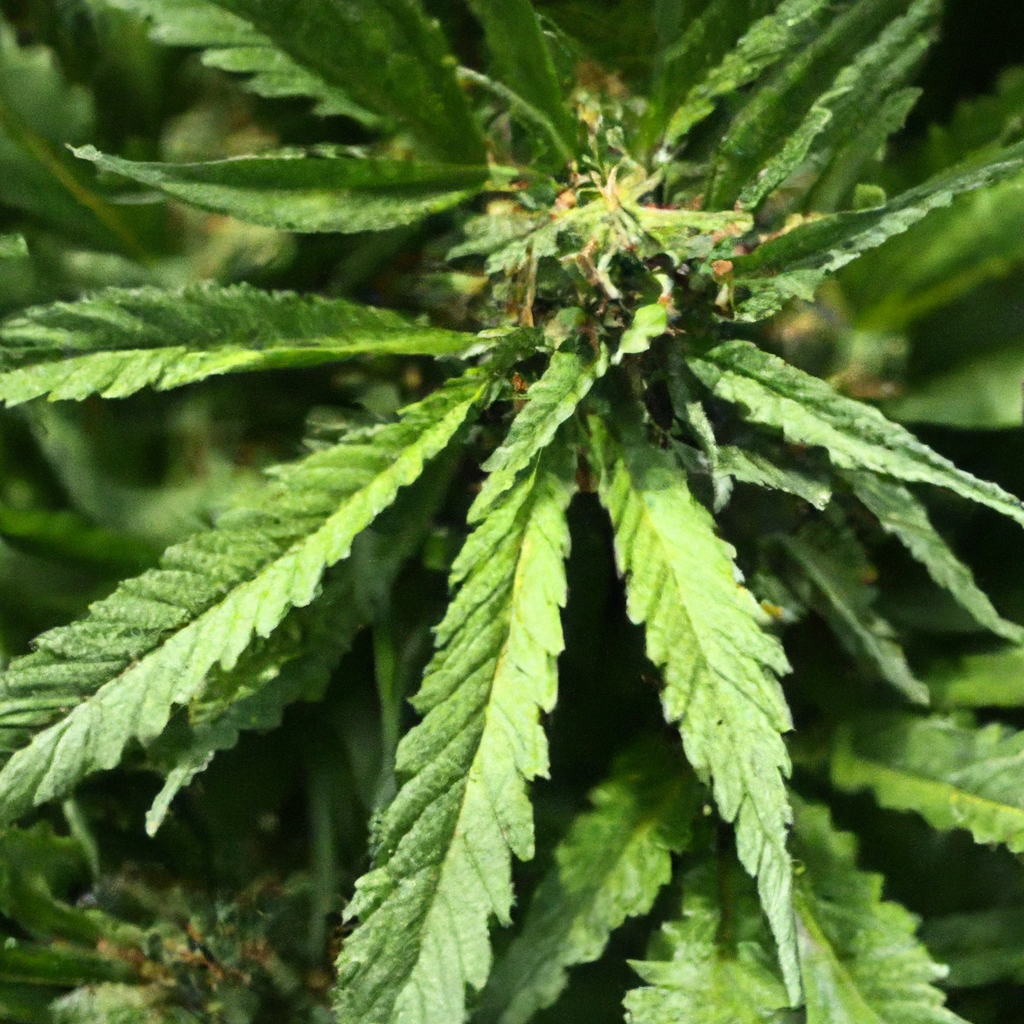
In the rapidly changing cannabis industry, organic cultivation provides a path to sustainable, high-quality cannabis for health-conscious consumers. Emphasizing healthy soil ecosystems, utilizing natural fertilizers, and adopting sustainable pest control methods are key practices. Composting, natural amendments, worm castings, and companion planting are recommended strategies, while drip irrigation and energy efficiency focus on sustainability. Beyond…
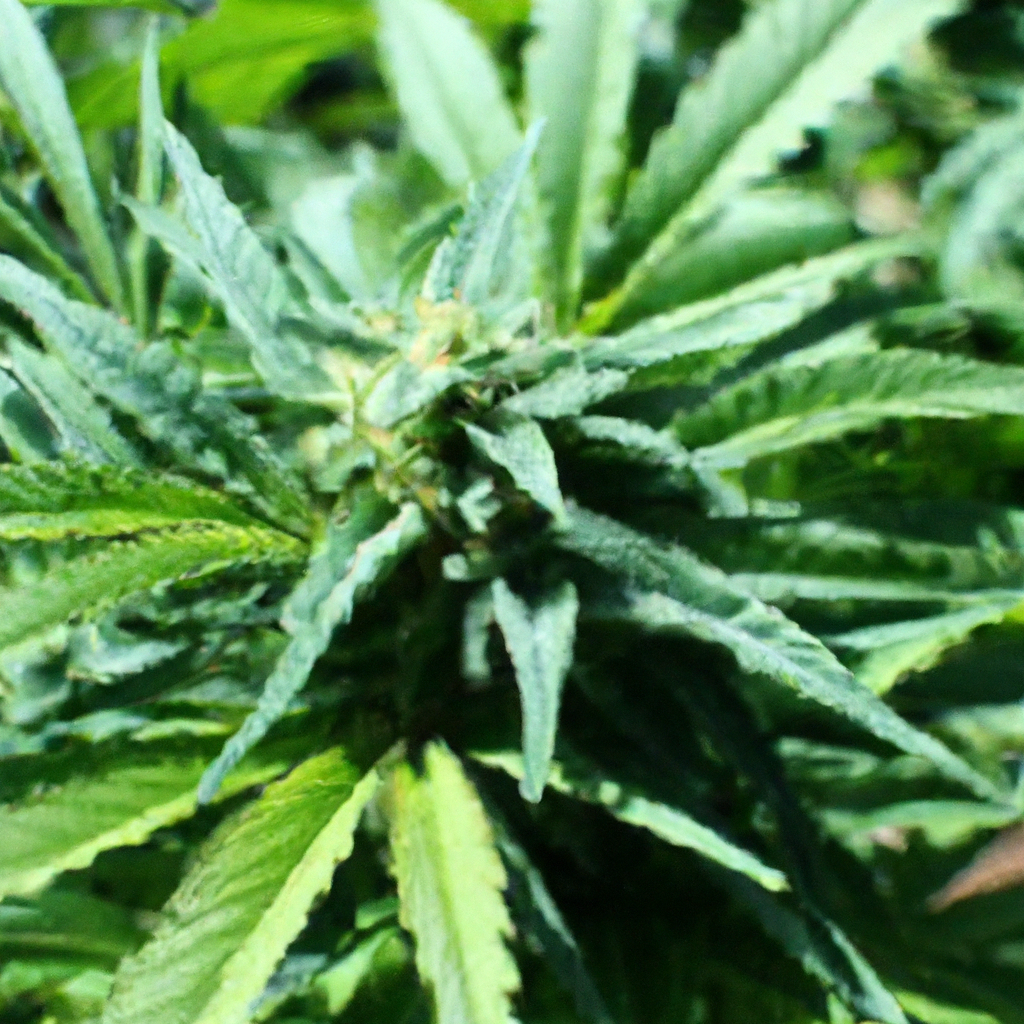
Organic cannabis cultivation emphasizes nurturing a holistic ecosystem to sustain plants and the environment. This guide highlights best practices, including crafting nutrient-rich soil with compost, natural fertilizers like vermicompost and alfalfa meal, and eco-friendly pest control using companion planting and neem oil. These techniques not only promote healthy plant growth and potent yields but also…
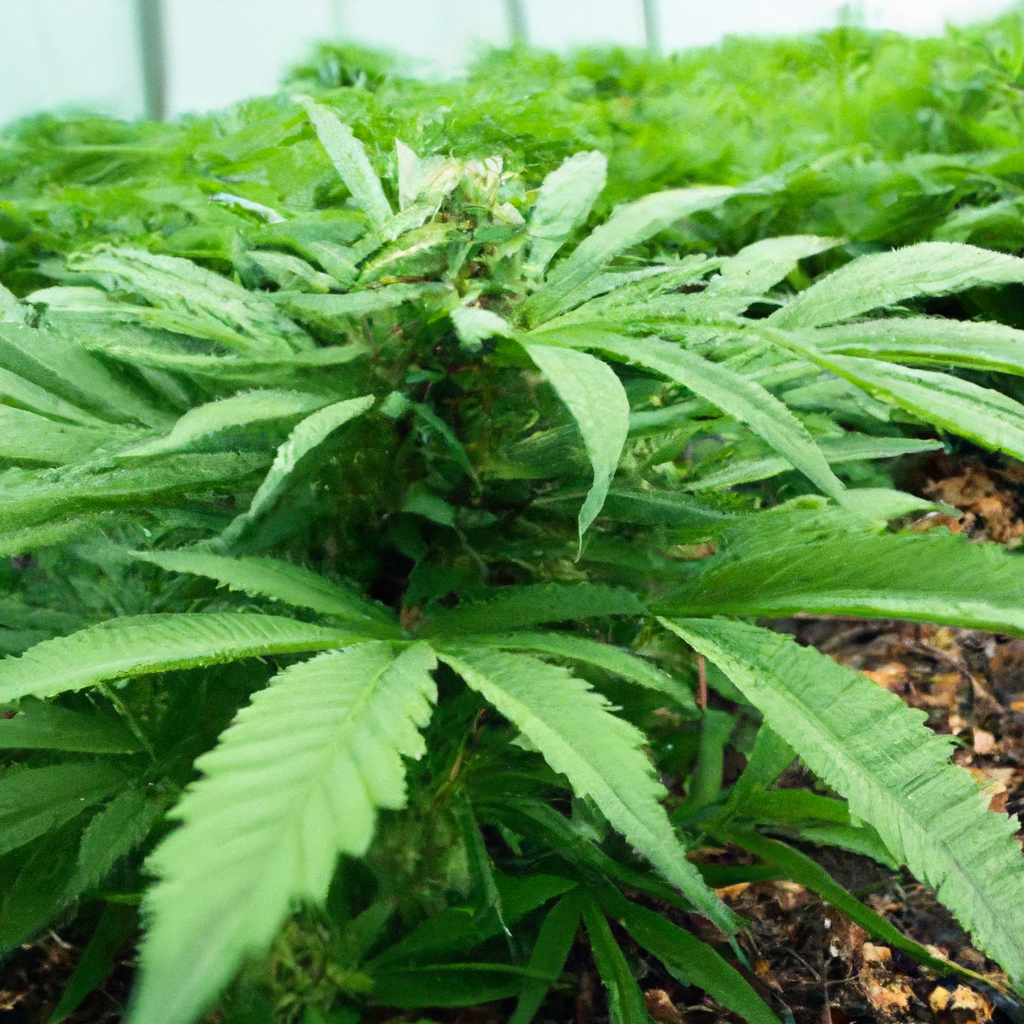
Organic cannabis cultivation is a sustainable approach that prioritizes environmental health and consumer safety. By leveraging natural fertilizers, compost, and organic pest control, growers can create healthier products and promote ecological balance. Key practices include enriching soil ecosystems through composting, cover crops, and introducing earthworms. Natural fertilizers like bone meal, fish emulsion, and bat guano…
